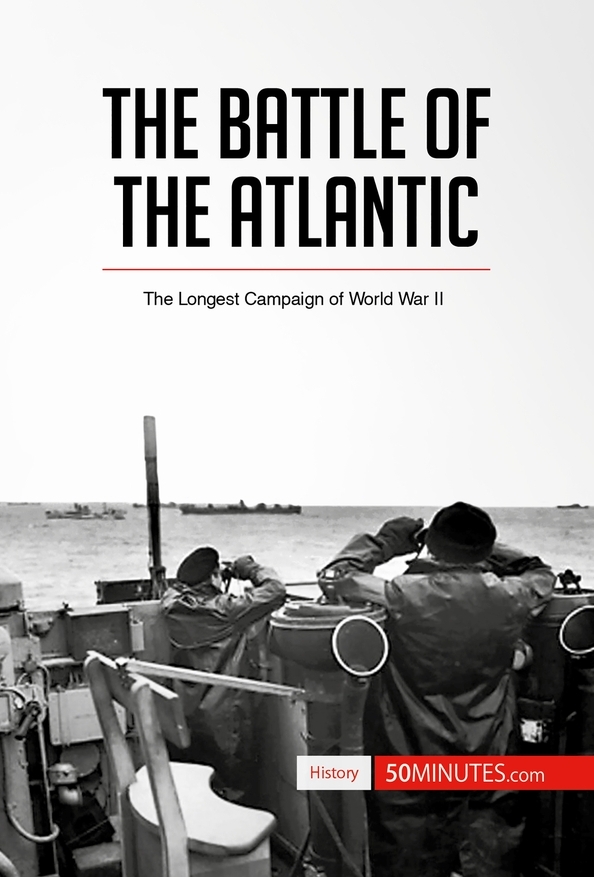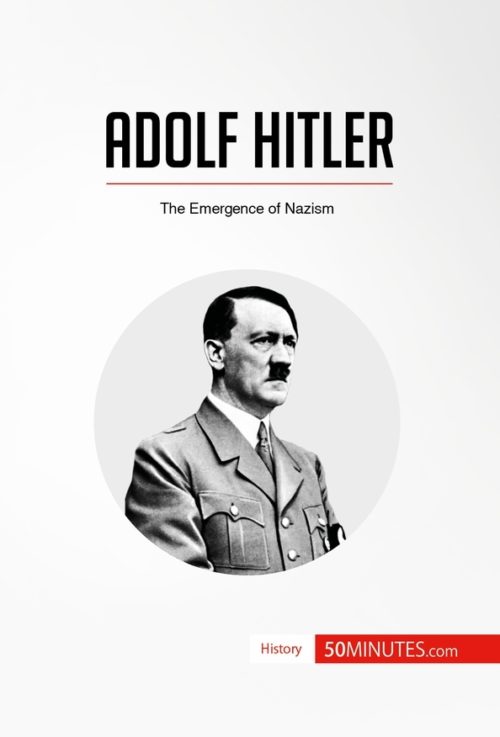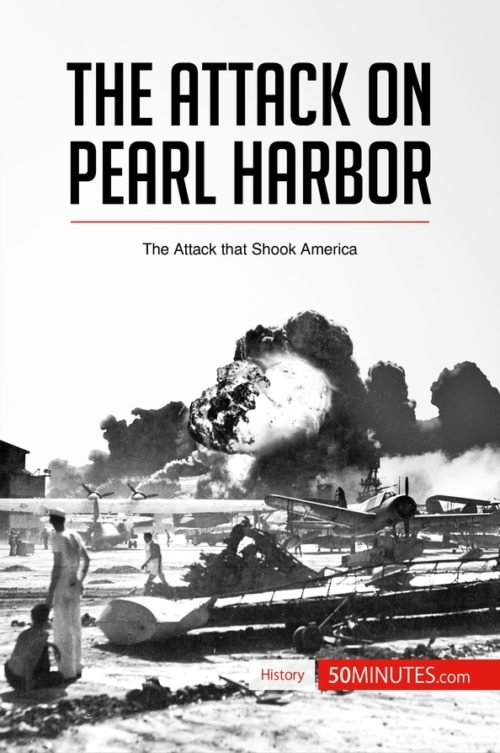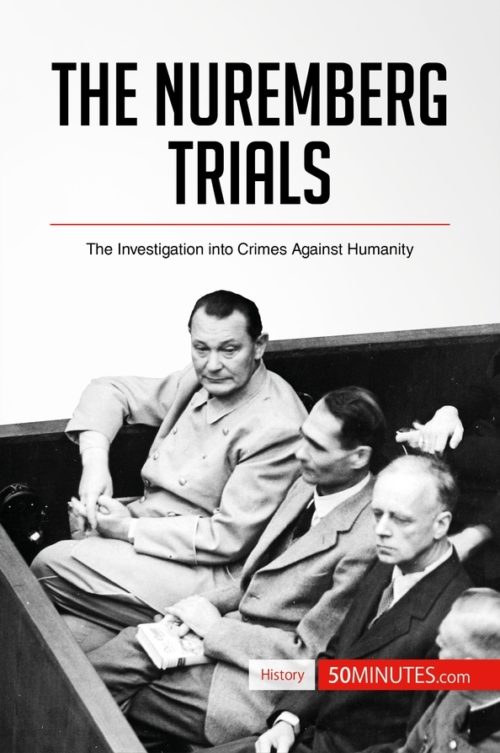The Battle of the Atlantic
The Battle of the Atlantic
$4.99
Read more
The Battle of the Atlantic was the longest campaign of the Second World War, and mobilized extraordinary numbers of men and material on both the Allied and Axis sides. The battle was of major strategic significance: control of the seas would have allowed the Germans to bring Britain to its knees by preventing it from receiving supplies from the USA and its overseas colonies. However, in spite of the Nazis’ use of submarine warfare, the Allies stood firm, maintained their naval blockade of Germany and were ultimately able to overcome the Kriegsmarine and reconquer occupied Europe. In just 50 minutes, you will find out just how much was in stake in the Battle of the Atlantic and learn how the Allies were able to secure victory after six long years of naval warfare.
This straightforward and informative book provides a thorough analysis of the main events of the battle and the strategies of both sides. It also features biographies of the key commanders and leaders, including Karl Dönitz and Sir Max Kennedy Horton, a valuable introduction to the political and social context and an evaluation of the battle’s impact, giving you all the essential information about this vital naval conflict.
About the Battle of the Atlantic
The Battle of the Atlantic began right at the start of the Second World War and only ended in May 1945, shortly before the D-Day landings that secured victory in Europe. It pitted the navies of Great Britain, Canada and the United States against the forces of the Axis, comprising the Kriegsmarine of the Third Reich and the Italian Regia Marina. The technical advances resulting from this combat revolutionized naval warfare, and over the course of almost six years of fighting tens of thousands of sailors lost their lives.
This clear and accessible 47-page book is structured as follows:
- Introduction to the Battle of the Atlantic
- Political and social context
- The premises of the Second World War
- The stakes in the Battle of the Atlantic
- The German Navy at the dawn of World War II
- The British Navy: a giant with feet of clay?
- Commanders and leaders
- Erich Raeder, German Admiral
- Karl Dönitz, German Admiral
- Sir Max Kennedy Horton, British Admiral
- Ernest King, American Admiral
- Analysis of the battle
- The start of the battle
- The wolf pack tactic
- The “Black Hole” and the living conditions of the seafarers at the heart of the battle
- The first difficulties for the Kriegsmarine
- The “wolves” take the bull by the horns
- The end of German hopes
- The outcome of the battle
- Impact of the Battle of the Atlantic
- The consequences in the aftermath of the battle
- Summary
Product details
| ISBN | 9782806275202 |
|---|---|
| Publisher | Plurilingua Publishing |
| Series | 50MINUTES.COM – History |
| Format | |
| Pages | 47 |
| File size | 3.3 MB |






